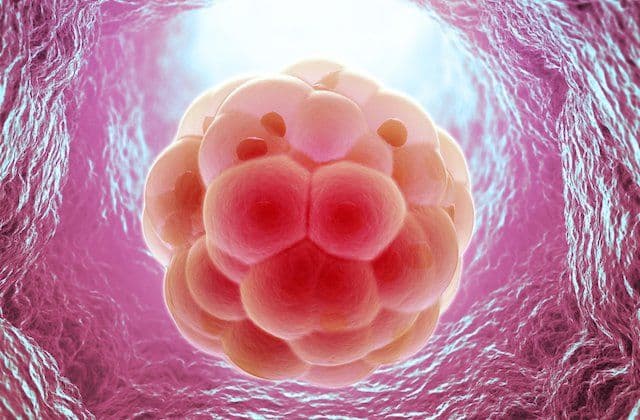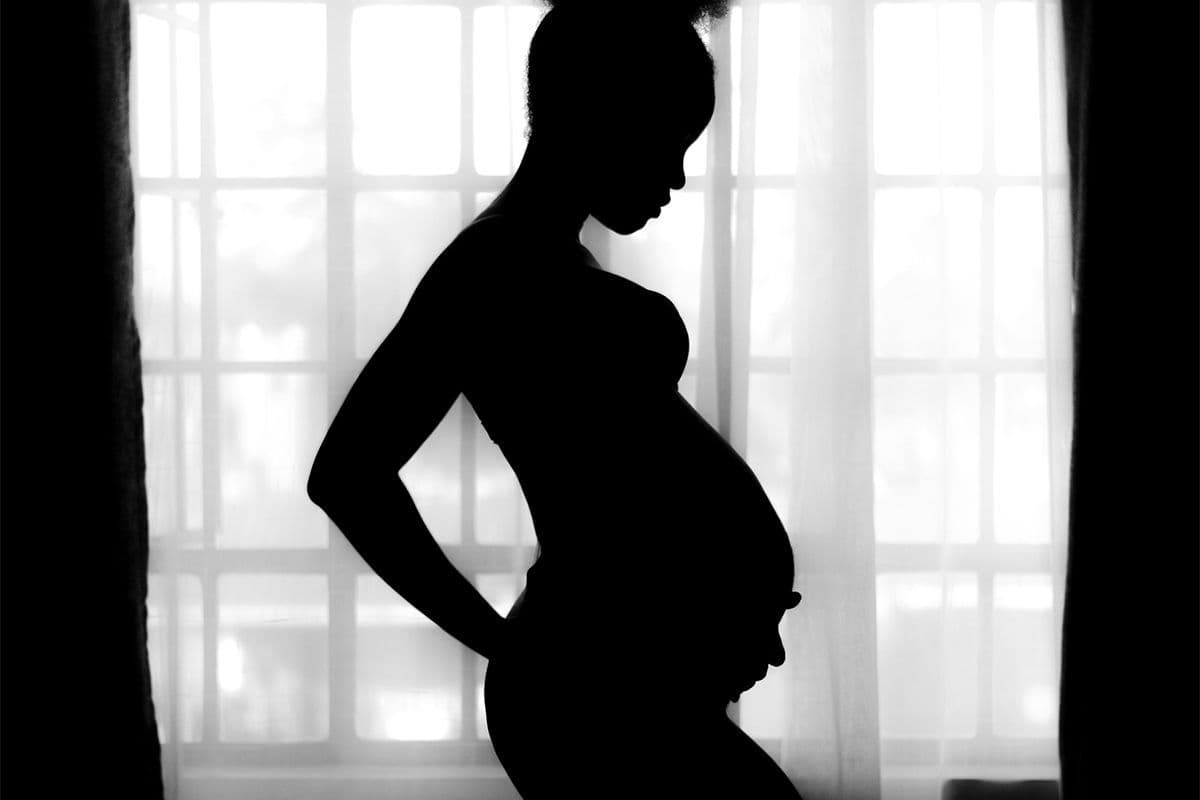4 Weeks Pregnant
Pregnancy Week by Week
Obie Editorial Team

Your baby, your body, your partner and the prenatal visit, plus tips for the 4th week of pregnancy.
Your baby
The 4th week is huge in the pregnancy timeline. The blastocyst, or fertilized egg, will move through the fallopian tube and implant in the uterus around the middle of week 4, a couple of days before the expected next menstrual period. Inside the blastocyst, the egg is dividing exponentially. At this stage of the game, the baby is growing faster than s/he will at any other moment in the pregnancy. If you have been blessed with multiples, they will be dividing at the same time in their respective blastocysts.
How big is baby? At 4 weeks, right after implantation, the baby is the size of a tiny grain of couscous.
Your body
You will likely be expecting your menstrual cycle at the end of the 4th week, but that will not happen if you are pregnant and implantation has occurred. There could be some slight bleeding when the blastocyst implanted in the uterine lining (implantation bleeding). If you did not feel pregnant in week 3, you may feel pregnant in week 4. Fatigue, soreness of the breast tissue, and mood swings are all common. The same symptoms are common before the beginning of a menstrual cycle — so you may not think your attempts to become pregnant were successful. If you're pregnant with twins or more, you will feel the same symptoms as other moms, but on a more intense level. Breasts will be more tender and fatigue much more drastic.
Time for a prenatal visit?
The pregnancy test usually becomes positive at the end of the 4th week or the beginning of week 5. There is rarely a need for an appointment with a doctor or midwife until the home pregnancy test reads positive. Once a positive result has been read, call for an initial appointment. Occasionally, obstetricians will give you a blood pregnancy test to determine the exact amount of hCG in the blood. Depending on the hCG level, the doctor will be able to tell how far along the pregnancy is or if there are multiple babies in the womb.
Your partner
Mood swings are common during this week due to hormonal shifts that are occurring. It is important for partners to remember all the changes that their partner is experiencing at this time are normal and to be patient.
Tips for this week
You may feel like it is taking forever to confirm your pregnancy if you have been trying and eagerly waiting, or you may not even have an idea you're pregnant at this point.
If you miss that first day of your period, try to wait a few more days before taking a pregnancy test. The longer the wait, the higher human chorionic gonadotropin, or hCG levels will be in urine, which is the hormone detected by home pregnancy tests.
You may be feeling bloated and gassy. This is due to the changing hormones and while you may not be able to avoid this feeling, there are certain lifestyle changes you can try to help lessen the discomfort:
- Stay away from known foods that give you gas, such as beans, cabbage, certain carbs, and dairy products.
- Eat smaller meals.
- Get plenty of exercise.
- Avoid tight clothing and wear loose pants.
Read More











